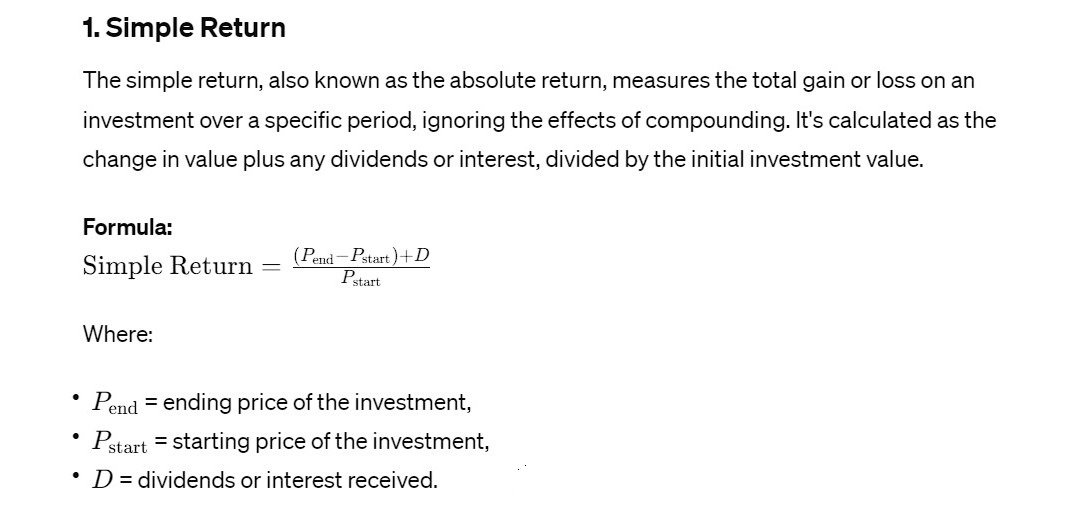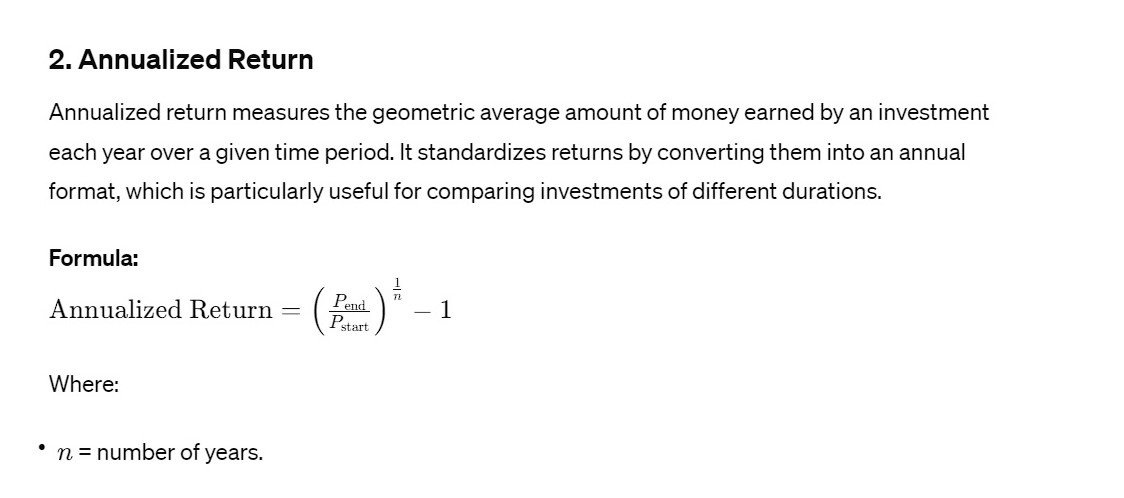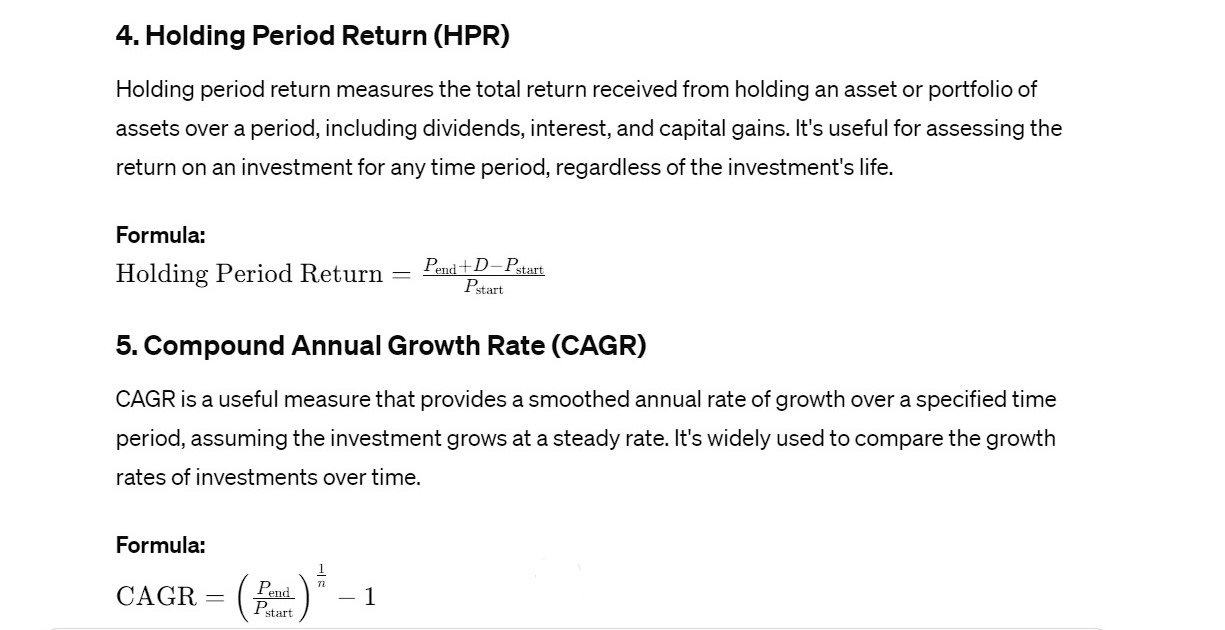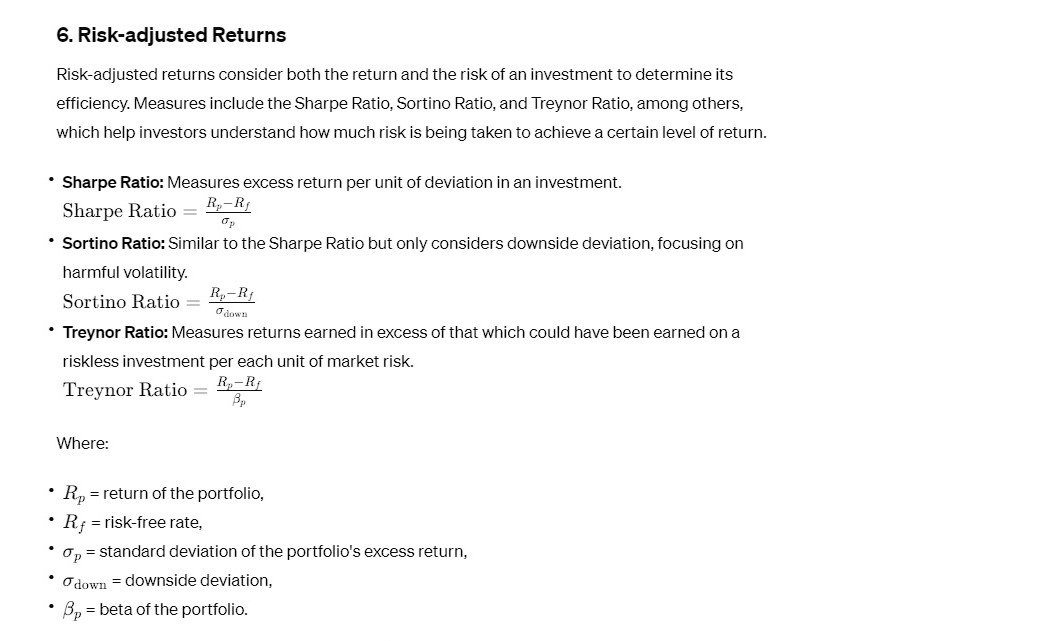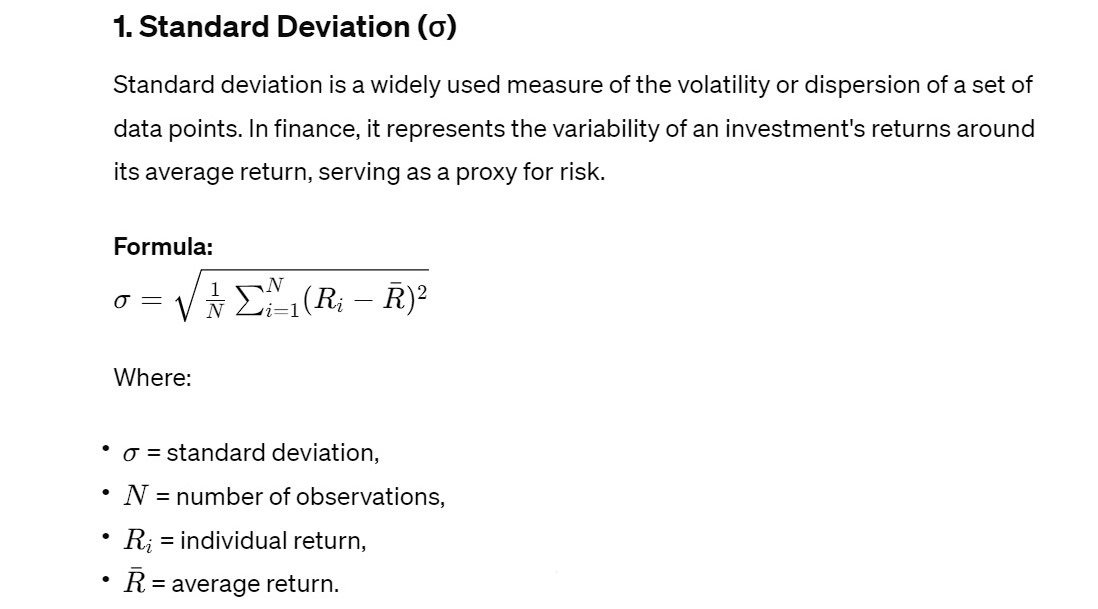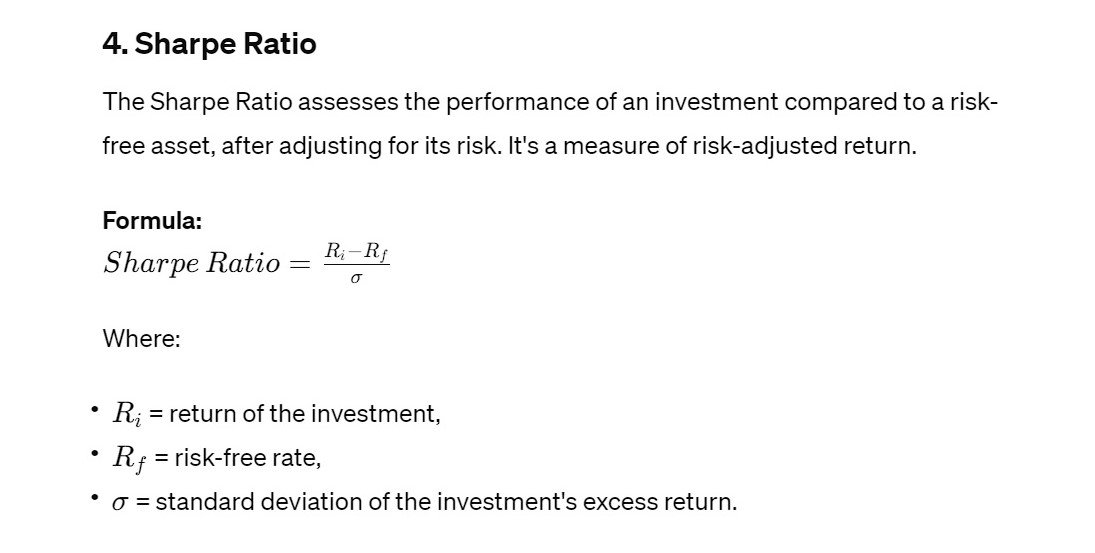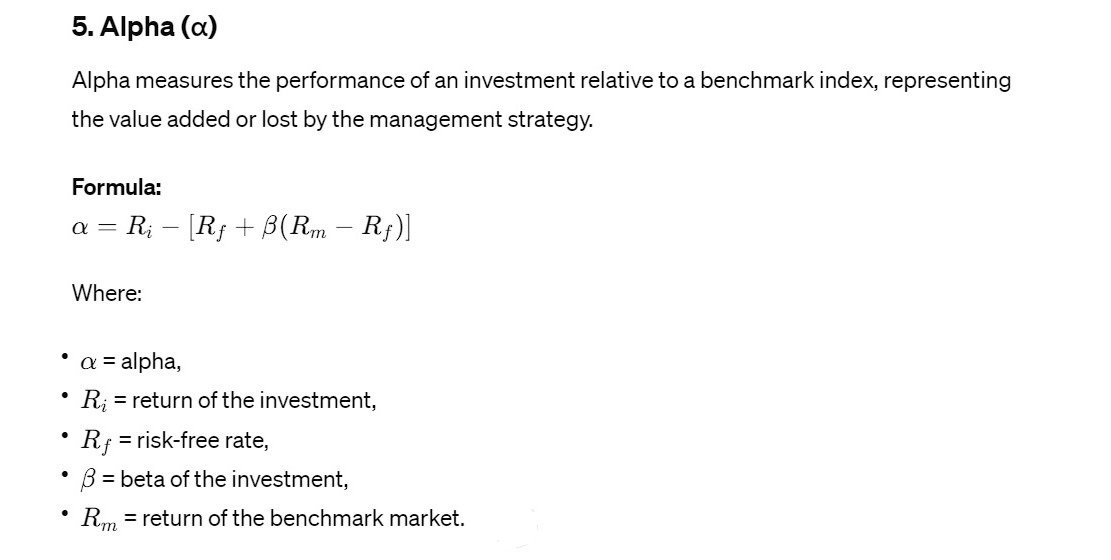Secondary Market Operations, Functions, Participants, Instruments, Mechanism, Significance
Secondary Market operations, also known as the aftermarket, refer to the buying and selling of previously issued securities after their initial offering. Unlike primary markets where securities are issued for the first time, secondary markets involve transactions between investors, with no direct involvement of the issuing company. These markets provide liquidity to investors, enabling them to buy or sell securities at prevailing market prices.
Functions of Secondary Market Operations
-
Liquidity Provision:
The primary function of secondary markets is to provide liquidity, allowing investors to convert their investments into cash quickly. Liquidity ensures that investors can enter and exit positions without significant price disruption, enhancing market efficiency.
-
Price Discovery:
Secondary markets facilitate the price discovery process by reflecting supply and demand dynamics. Prices in secondary markets reflect investors’ collective assessment of the value of securities based on available information, contributing to efficient resource allocation.
-
Risk Management:
Investors use secondary markets to manage risk by adjusting their investment portfolios. They can buy or sell securities to diversify their holdings, hedge against price fluctuations, or reallocate capital based on changing market conditions.
-
Capital Formation:
While secondary markets don’t directly raise capital for issuers, they play an indirect role in capital formation. A liquid secondary market enhances the attractiveness of primary market offerings by providing investors with an exit strategy, thereby facilitating primary market activity.
-
Enhanced Market Efficiency:
Secondary markets improve overall market efficiency by reallocating resources from less productive to more productive uses. Efficient secondary markets ensure that capital flows to its most valued opportunities, supporting economic growth and innovation.
Participants in Secondary Market Operations
- Investors:
Individuals, institutions, and other entities that buy and sell securities in secondary markets. They include retail investors, institutional investors (such as mutual funds and pension funds), hedge funds, and proprietary trading firms.
-
Broker-Dealers:
Intermediaries that facilitate securities transactions between buyers and sellers. Broker-dealers execute trades on behalf of clients and provide market liquidity. They may operate as agents (matching buyers and sellers) or as principals (buying or selling securities from their own inventory).
-
Market Makers:
Specialized firms or individuals that stand ready to buy and sell securities at publicly quoted prices. Market makers provide liquidity to the market, ensuring that trades can be executed promptly and efficiently.
-
Exchanges and Alternative Trading Systems (ATS):
Trading venues where securities are bought and sold. Exchanges, such as the New York Stock Exchange (NYSE) and NASDAQ, operate centralized markets with established rules and regulations. ATSs, also known as dark pools, offer alternative trading venues that match buyers and sellers anonymously.
- Regulators:
Government agencies responsible for overseeing and regulating secondary market operations. Regulators ensure compliance with securities laws, maintain market integrity, and protect investors’ interests. Examples include the Securities and Exchange Commission (SEC) in the United States and the Financial Conduct Authority (FCA) in the UK.
-
Clearinghouses and Settlement Systems:
Entities that facilitate the clearing and settlement of securities transactions. Clearinghouses ensure that trades are matched, confirmed, and settled efficiently, reducing counterparty risk and ensuring the integrity of the settlement process.
Instruments Traded in Secondary Markets
-
Stocks (Equities):
Ownership shares in publicly traded companies. Stocks represent ownership interests in companies and provide investors with voting rights and potential dividends.
-
Bonds (Fixed–Income Securities):
Debt instruments issued by governments, corporations, or municipalities to raise capital. Bonds pay periodic interest payments (coupon payments) and return the principal amount at maturity.
- Derivatives:
Financial instruments whose value is derived from an underlying asset, index, or reference rate. Derivatives include options, futures, forwards, and swaps, which are used for hedging, speculation, and risk management.
-
Exchange-Traded Funds (ETFs):
Investment funds that trade on stock exchanges and hold a diversified portfolio of securities. ETFs provide investors with exposure to various asset classes, sectors, or investment strategies.
- Mutual Funds:
Pooled investment funds managed by professional portfolio managers. Mutual funds invest in a diversified portfolio of securities and are bought and sold at the fund’s net asset value (NAV) at the end of each trading day.
-
Preferred Stock:
Hybrid securities that combine features of both stocks and bonds. Preferred stockholders receive fixed dividends like bondholders but have priority over common stockholders in the event of liquidation.
-
Real Estate Investment Trusts (REITs):
Companies that own, operate, or finance income-generating real estate properties. REITs distribute the majority of their income to shareholders in the form of dividends and offer exposure to the real estate market.
Mechanisms of Secondary Market Operations
-
Order Matching:
Securities transactions are executed based on the matching of buy and sell orders. Exchanges and ATSs use order matching algorithms to match buy and sell orders according to price, time priority, and other specified criteria.
- Price Quoting:
Securities prices are quoted in secondary markets based on bid and ask prices. The bid price is the highest price a buyer is willing to pay, while the ask price is the lowest price a seller is willing to accept. The difference between the bid and ask prices is known as the bid-ask spread.
-
Market Orders and Limit Orders:
Investors can place market orders to buy or sell securities at the best available price, or limit orders to specify the maximum price they are willing to pay (buy limit) or the minimum price they are willing to accept (sell limit).
-
Clearing and Settlement:
After a trade is executed, clearing and settlement processes ensure the transfer of securities and funds between the buyer and seller. Clearinghouses play a central role in managing counterparty risk and facilitating the efficient settlement of transactions.
Significance of Secondary Market Operations
Secondary market operations are essential for the functioning of modern financial markets. They provide investors with the ability to buy and sell securities, access liquidity, manage risk, and achieve investment objectives. Secondary markets also support economic growth by facilitating capital formation, promoting efficient resource allocation, and enhancing corporate governance through market discipline.
